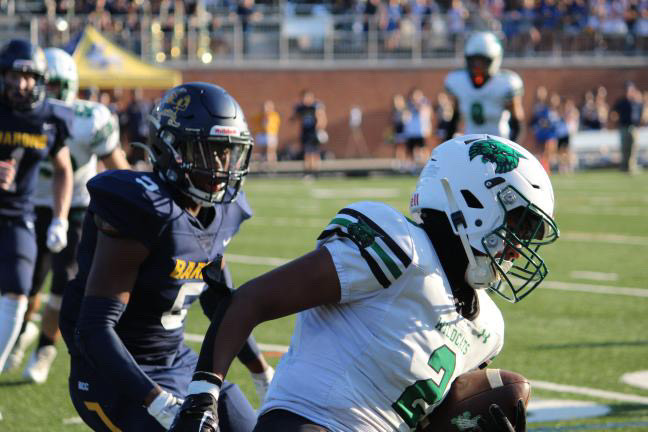One of the lasting images of the 2010 World Cup in South Africa was Uruguay striker Luis Suarez using his hands to stop a goalbound shot from Ghana. Outfield players are not allowed to use their hands in soccer, however Suarez made the calculated decision to block the shot and accept the penalty of a red card and a penalty kick for Ghana. The ensuing penalty was missed, knocking Ghana out of the cup and advancing Uruguay to the next round.
Suarez’s decision sparked a worldwide debate, with most Ghanians decrying the decision to intentionally cheat and Uruguayans celebrating Suarez’s “cunning gile” and desire to do anything to win. The two nations’ reactions are indicative of the debate as a whole, whether or not is it necessary to do anything to win.
What’s important to note before delving into the debate, is that soccer fans are fickle. If a Ghanaian player had done what Suarez had done, Uruguayans would be crying foul and Ghanians would be telling them to suck it up; that’s just the nature of sports in general. However Suarez’s actions illuminate a greater trend and more questions: should players that cheat be suspended? And furthermore what actually constitutes cheating?
Intentional cheating isn’t new to soccer, or sports in general. Players in soccer consistently “dive,” or try to simulate contact in an attempt to con referees into giving them undeserved foul calls. Similar situations are seen in basketball, where the NBA is now instituting “anti-flopping” policies to try and eliminate the actions. Baseball plays often feign contact with pitches in order to get on base. The actions are widespread and varied across several disciplines.
The issue is often cultural. For example, in England, players who dive are seen as scum, complete cheats who deliberately stain the integrity of the game. Inversely, in South America, these same players are seen as clever, filled with guile, and willing to do anything to win. This is why almost all “divers” originate from South America.
Often times these professional games have such high stakes that it seems only fair that athletes eke out every advantage they can find, their livelihoods depend on their performance in these games, finding a small niche to exploit is almost expected.
The gamesmanship is also a form of art; cheating at its simplest definition obviously will never happen. Soccer players will never pick up the ball and throw it in the net, baseball players will never keep running after getting out; the games have too much structure to let that happen. Instead this “cheating” is more guile, and adds an interesting dimension to the game.
Yes, I admit it can be frustrating to see a call against your team because of another player’s “ingenuity.” But it’s more than likely that a player from your favorite team has done the same. This back and forth fits into the general ebb and flow of sports; it all evens out in the end.
Cheating is a calculated decision made to gain an advantage. If caught, violaters are punished accordingly. Sports in general are not ruined by this low-level cheating, in fact it’s quite the opposite; sports have by-in-large never been more healthier. So I say let the gamesmanship continue, it adds yet another dimension to an already fascinating field.





